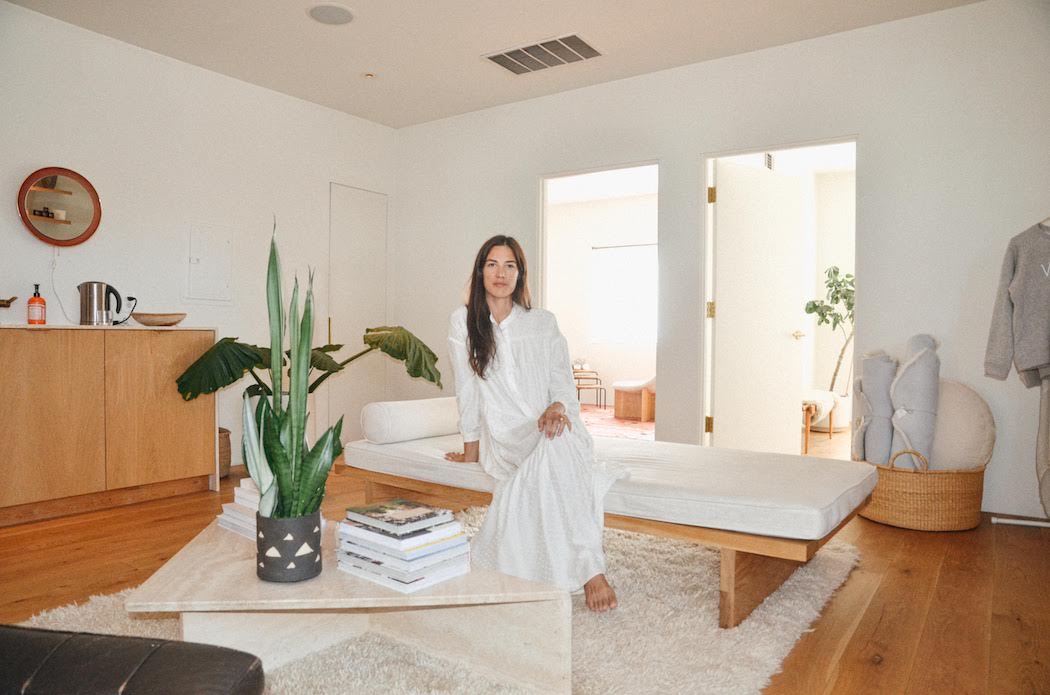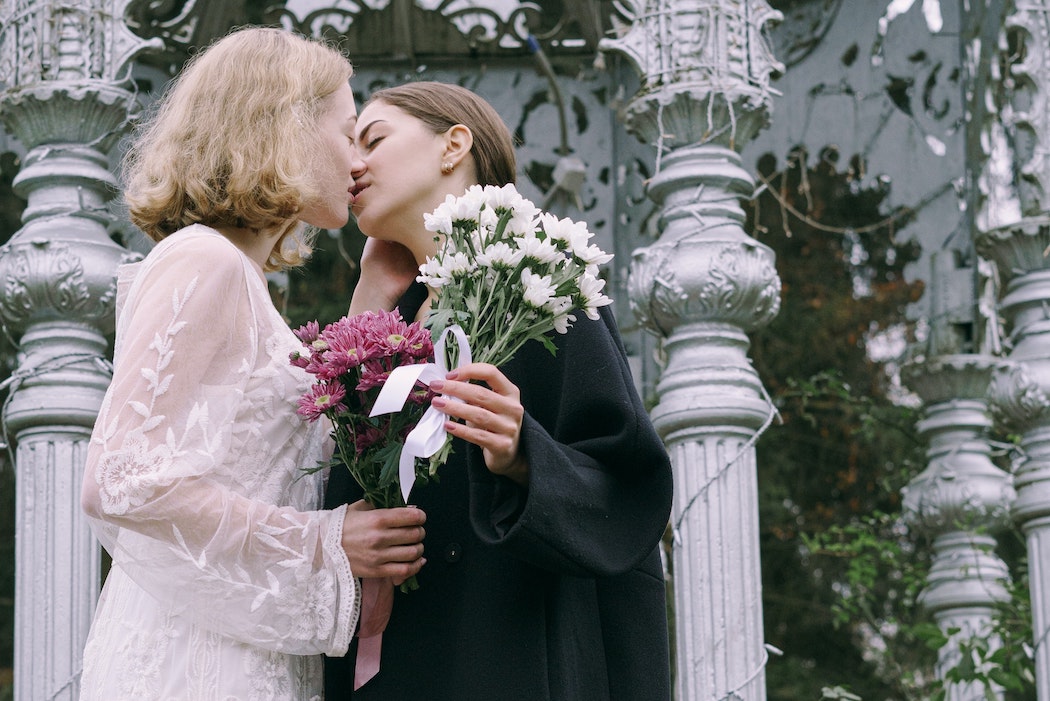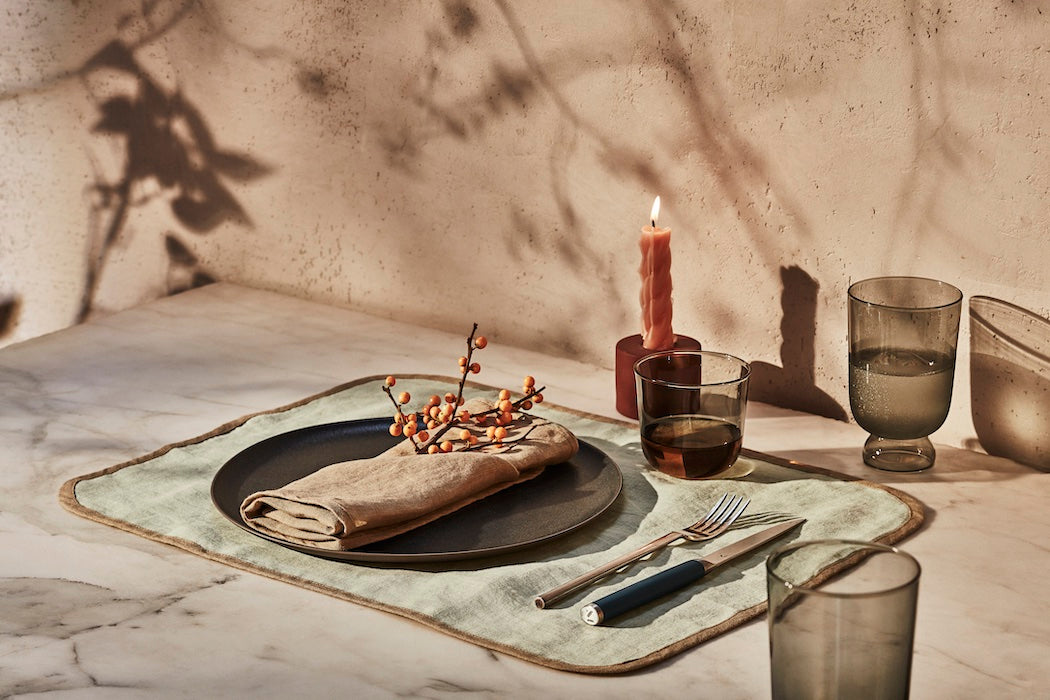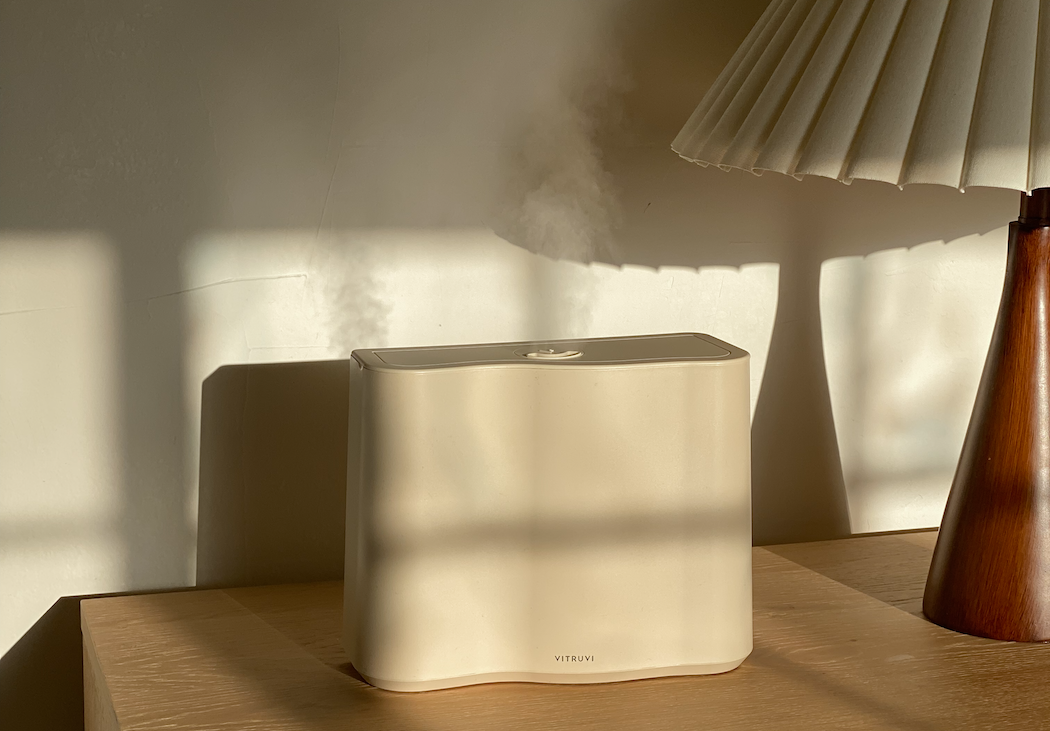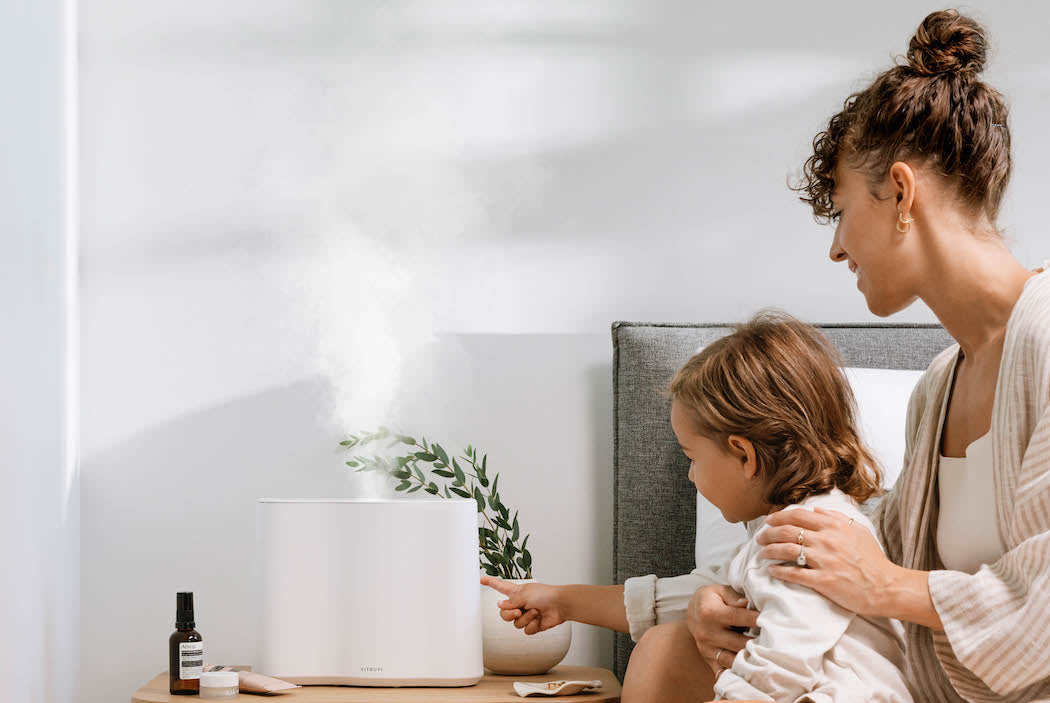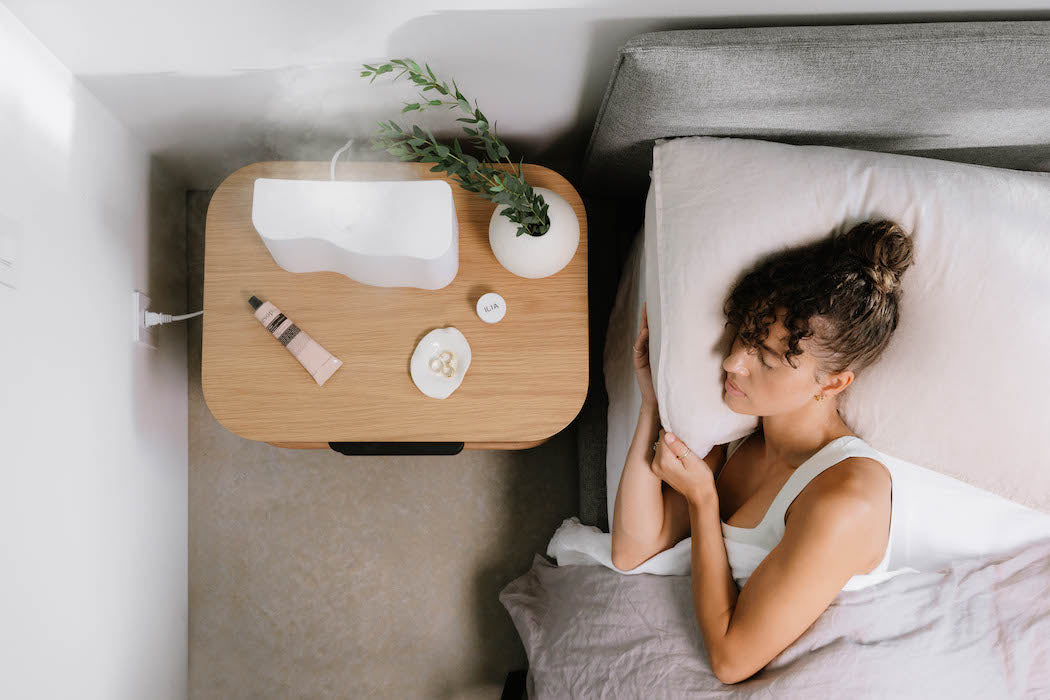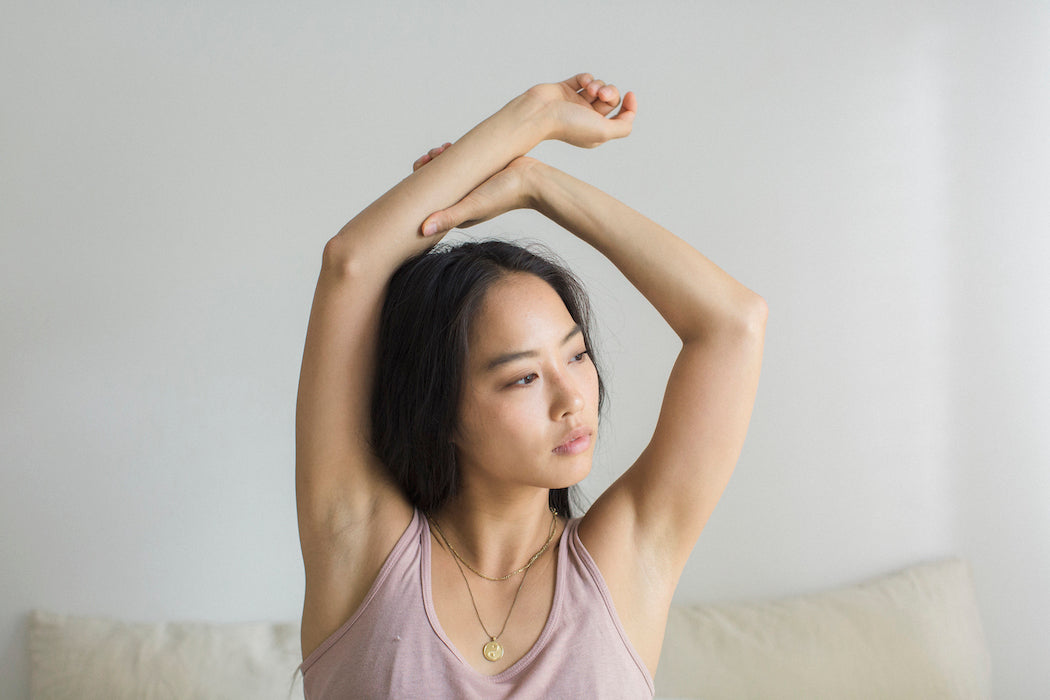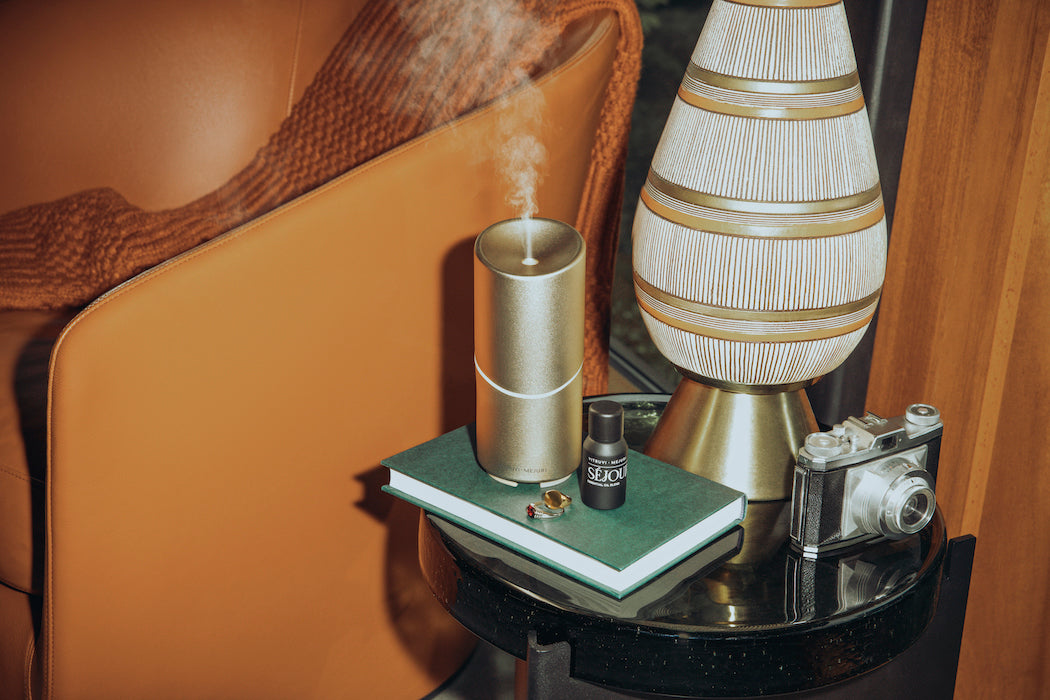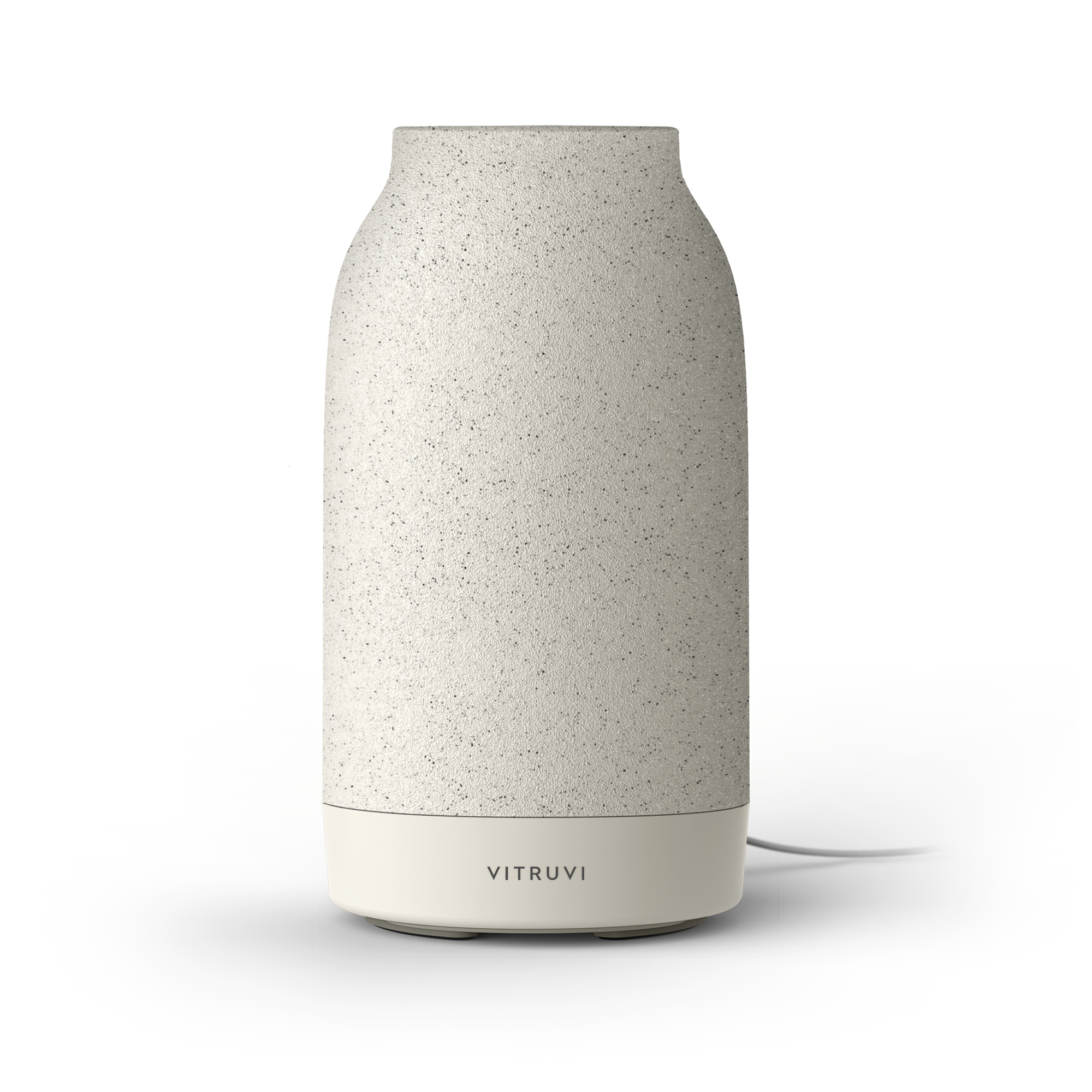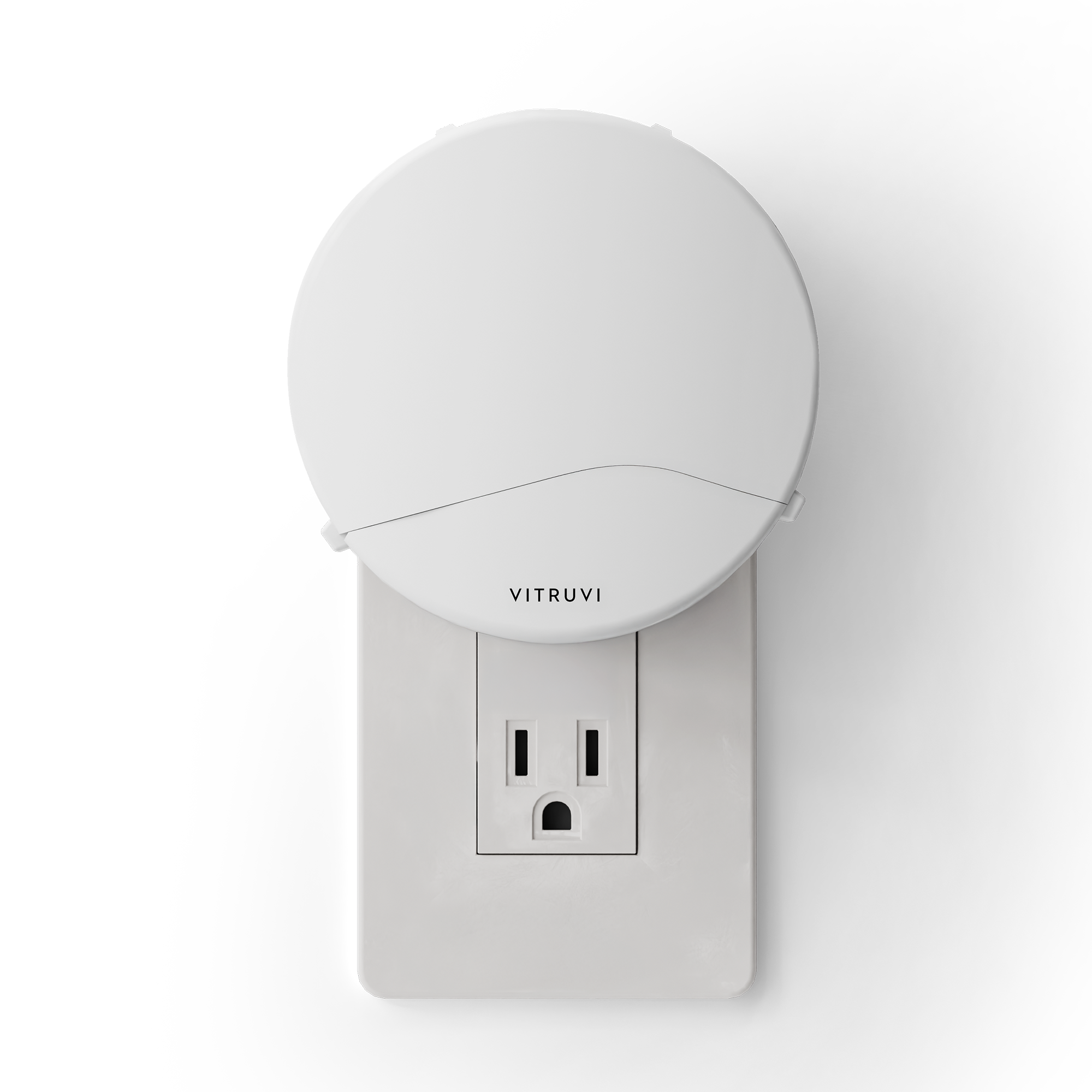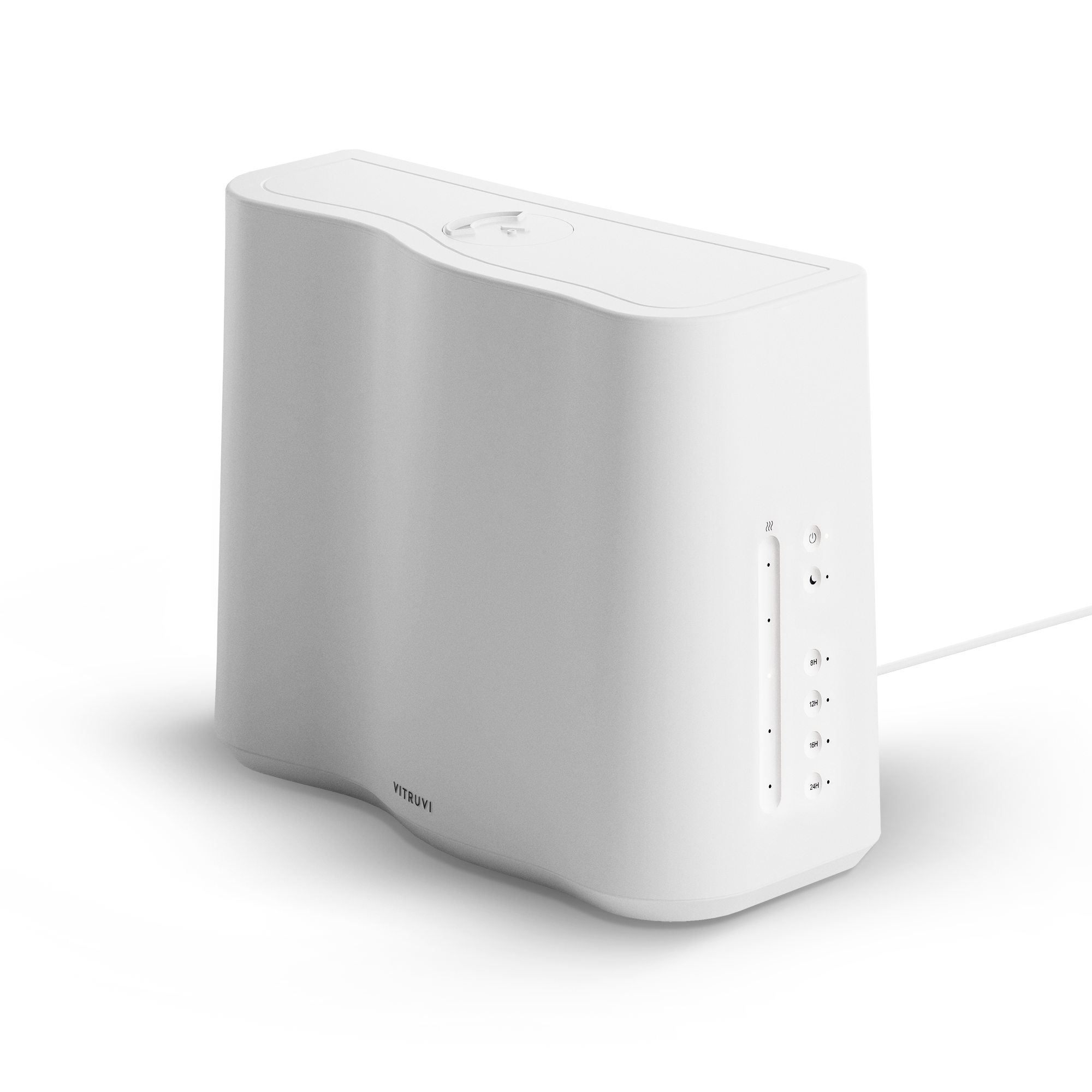No matter how busy the Los Angeles streets may be outside, walking up the stairs and into WMN Space will put visitors at ease. The light wooden floors, the white walls, the plush yet simple decor—it all contributes to a serene oasis. But most of all, it’s owner Paula Mallis who truly makes the place warm and welcoming.
She founded WMN Space—a studio dedicated to helping women pursue their own spiritual and emotional healing—in Culver City after hosting sharing circles in her living room seven years ago. Eventually those circles got too big for her home, so her next logical step was to open a dedicated space. “I truly was guided to creating WMN Space—creating this space that looks very much like my home,” Mallis says. “My husband built WMN Space; it’s the same floors in our home, a lot of the furniture that’s here came from my home. And it really was me creating this welcoming, safe space out in the world that could be accessible for those who felt called to the work and wanted the support.” Now WMN Space offers its signature WMN Circle and a specific motherhood circle, along with one-on-one coaching with Mallis, doula work, healing workshops, and more.
On a slow weekday morning, after her child caretaker picks up her sweet baby boy Phoenix, Mallis settles down to discuss holding space, spiritual psychology, and the idea that all women are mothers—whether they give birth to children or not.
For someone who is unfamiliar, what happens in a circle?
It’s definitely experiential. I hold circles for the transition from maiden to mother, which is the transition from pregnancy to motherhood; and I hold circles for women of all ages, all walks of life—anyone, really, who identifies as a woman and who feels called to join.
WMN Circle is basically a remix of of all the healing modalities that I’ve been taught from all of my teachers, and just being guided from my higher power and my source, and creating a process that I lead women through that really allows them to come and be present and really tune into what is present in their lives—and maybe what they want to work on, or a challenge that’s present for them. The opportunity to come together and be with women and feel that support from the community, and to work your inner process on a group level, is its own thing that we can’t get individually with a therapist or even in the work that I do one-on-one with women. So the intention of coming together is really feeling the group consciousness of allowing the circle and the group to really hold for what’s being shared. And a lot of it is really narrative medicine, which is a very old, tribal way of how we used to gather and be together all the time. So this is really a modern remix of that.

By narrative medicine, you mean sharing stories?
Sharing your story, sharing what’s present, and allowing the circle to hold for it. One of my big guidelines in holding circle is no cross-talk, so when a woman is sharing, we don’t give advice and we don’t speak back. I don’t even offer reflection.
There’s something really powerful about sharing what’s on your heart, whether it’s a joy or an upset or pain or whatever’s present, and to just have people hold loving space for you in silence. It’s incredibly powerful. And very, very healing.
WMN Space stems from your education in spiritual psychology. What is that, exactly?
It’s really understanding how to navigate and understand what our human experience is, and also realizing that we are a soul—and a lot of the work that I do, layered on top of what I’ve been taught, is that idea of universal love and that we are all love. WMN Circle and the work I do one-on-one with my clients is really moving through any of the blocks and limiting beliefs and judgments that really separate us from knowing that we are love.
It’s holding space for women and their transformational journeys, which is why I was so attracted to doula work in the very beginning, because holding space for birth—I mean, that’s the ultimate transformation is to really bear witness and hold space for a woman carrying a soul in her body! I mean, it’s so mind-blowing to me still, and I’ve even done it twice. It’s just so powerful to hold space and to be there for a woman. I work with women even as early as conscious conception, so we’re just talking about the baby. And then to hold space for the pregnancy and hold space for the birth and just be there for her as she transforms has really inspired me to see how that resides within all of us, whether we have a human being coming through us or not.
I work with women one-on-one all the time who are not pregnant and may never have children, and we do beautiful work together because I believe as women we’re all birthers, we’re all creators. We all have a womb space and there’s an opportunity for transformations and evolving and shifts in consciousness through the work that I do with women.
It’s nice to hear you talk about women who aren’t mothers and don’t want to be, as there is often stigma around those who have no desire to experience motherhood.
I respect and honour that. Really “doula” means servant to a woman, so anytime I’m serving a woman, I’m douling. It’s not limited to birth for me. So it’s supporting women and holding loving space and really peeling the layers and seeing what’s really present for them in making that decision. I love supporting women. Because [motherhood] isn’t everyone’s dharma, it isn’t everyone’s path. And I do believe that we can absolutely have these shifts and transformational experiences whether we have a physical baby move through us or not. To me, spiritual principle isn’t compartmentalized; relationships can bring the most transformational experience for us, work can—WMN Space was a huge transformational experience and a quote-unquote birthing experience for me. I am not even the same person because of the lessons that I’ve learned and continue to learn daily owning a business, a women-led business. All the work that flows in and out of here, and all the women that I work with and collaborate with and partner with, oh my gosh, it’s a constant learning.
What has being a mother changed about you personally?
Everything.
I think a lot of what we’re not serving to our women enough in our culture is really honouring what a transformational experience is. When a caterpillar becomes a butterfly, it’s sticky and ooey and gooey and it wrestles with itself and then it becomes a butterfly. It doesn’t just cocoon and then become a butterfly, it’s an entire process. And that’s what it is from pregnancy to motherhood, and then our culture’s like, “Get your body back, feel right, feel this, feel this.” And we can’t really expect ourselves to have any of those expectations on ourselves because it’s transformation—and any type of transformation, whether it’s birth or just a shift in consciousness or shifting into a new way of being, it really is about giving ourselves that permission and giving ourselves the dignity of our process to really allow it to unfold, and to really be present for the process.
Becoming a mother is big-deal stuff, for sure. I even got super cocky about having my second baby. There was time in between my daughter and my son because it took three-and-a-half years to conceive him. I was like, “Oh, I’ve done this before, I’m a doula, I’ve held space for almost 100 births, I got this.” But uh-huh, buddy, did I get served some humble pie. Because it really was yet again another transformation, and I really had to humble myself to that beginner’s mind of really being present and stepping into the unknown. And transitioning from a mother of one to a mother of two, from having a girl to having a boy, from having an unmedicated birth to having a medicated birth—just so many opportunities for just my own transformation and evolution through this birthing experience.
And I mean, to expect ourselves to even be a fraction of who we are before and after just doesn’t serve us. So knowing that at least, that really served me the most once I realized, “Oh no, I’m in for a ride, and this is an opportunity for me to move into a beginner’s mind.” I think that’s why my postpartum period was hard and very challenging, but yet I had an understanding and a respect for the journey and knew that it was transformational. So I really created that fourth-trimester space for myself, that womb space for myself, where I wasn’t on my phone and I wasn’t at work; I set my home and my support up where I could just heal and be. There was no getting back to anything. I’ll never be the same person again.

Being a small-business owner, you must be tempted to bring work home with you. How do you separate yourself from the job?
Boundaries. The second I go home, the phone is up; I am not on my phone and breastfeeding my baby and trying to get back to emails. My phone goes up, I am present for my kids, I’m present for dinner. Because I am gone a lot. So for me to be away through the majority of the day and then to come home and still be on my phone is, I feel, so disrespectful to my family. They deserve me and my attention, and they deserve me to be fully present for them—even if it’s a shit-show in the house, the still deserve me to be present. Even if it’s just like, “Oh my god, this is so hard.” Because it is so hard.
But boundaries. Major boundaries. Saying no. “No” is a complete sentence. I would be insane if I didn’t have boundaries. I would not be able to do this with grace without boundaries, and I don’t do it gracefully all the time. But my intention is to do it gracefully.
So how do you take care of yourself in all this?
Ever since I was 15 years old, I’ve always had a self-care practise, which is really wild. I’ve always loved taking care of myself. I’ve always got massages, I’ve always done Pilates. I’ll never forget being not even 16 and learning about yoga; I grew up in a very strict Christian small southern town, so the fact that I was seeking anything outside of Christianity was a thing for sure. So I was underground about it, but my mom always supported me, and it makes me emotional even to this day.
It is not woo-woo or on trend or a 2019 thing; this is just how we live.
Is it frustrating for you, then, to see how wellness is such a hot topic right now?
Oh yes. It’s an opportunity for me to practise non-judgemental observation. Which is a principle here that we have at WMN Space. It’s hard for me, I’ll be honest. And what I’m grateful for is if it’s got to be on trend to get us anywhere, then so be it. Who am I to judge?
What are some other tools or methods (like non-judgemental observation) that you practise at home and teach your kids?
Long, deep breaths; meditation; and then the tools of just, “I hear you, I really hear you that you’re upset right now.” Taking responsibility. That’s probably the biggest thing that we do in our house: “You know what? That was not nice what I said, and I’m sorry.” Apologize to your frickin’ kids! Take responsibility. We’re the boss, but sometimes we are the student. And they are our teachers. I know my children are mine because they will call me out quick. They will be like, “Mommy, that was not nice,” and I’m like, “I know, ugh, I really messed up, huh?” And then practicing that passionate self-forgiveness, which is the biggest thing I feel as mothers, and as human beings, but especially as a parent: constantly forgiving myself.
This interview has been edited and condensed.

